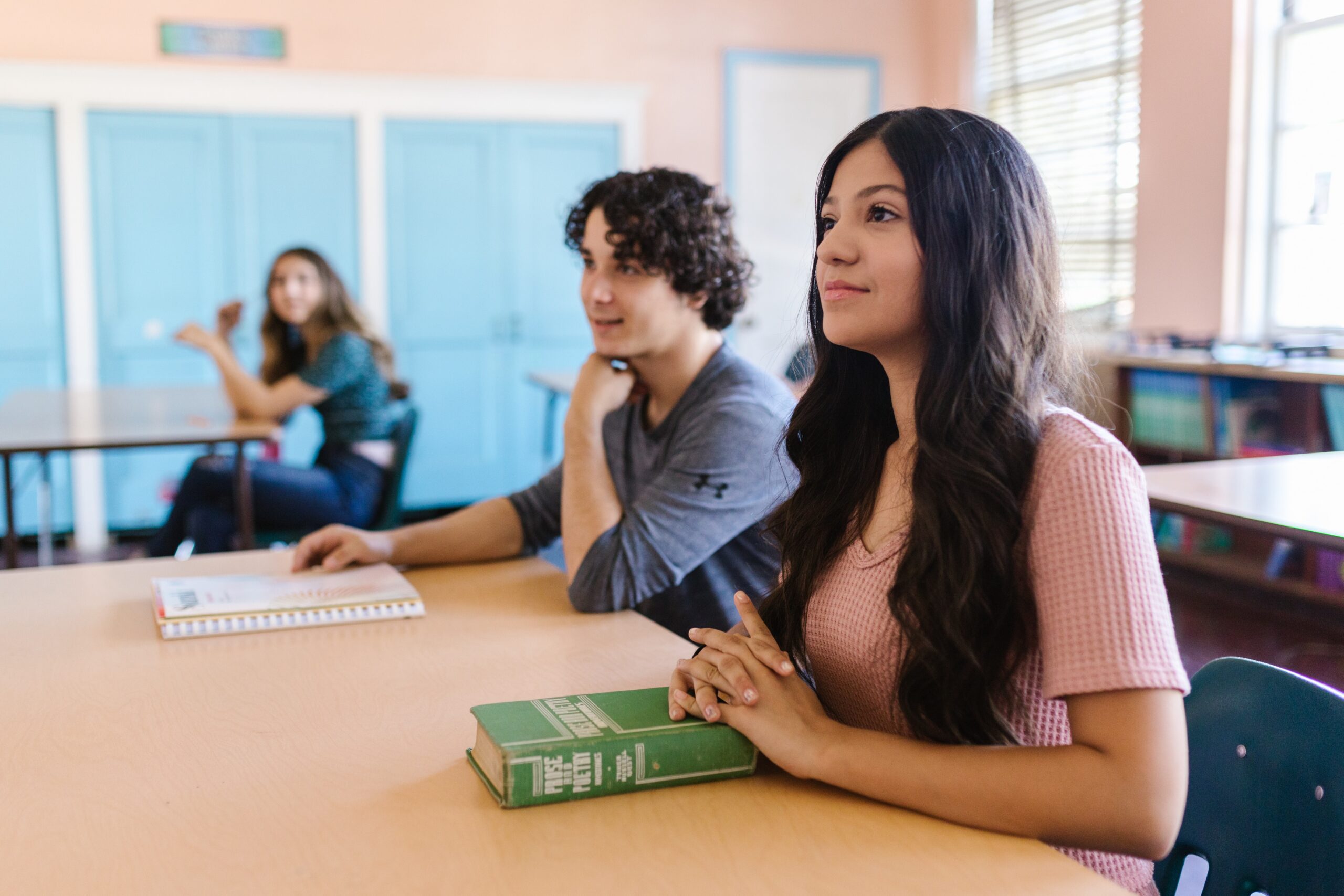
One Secret Parents Can Use to Send the Best Versions of Their Kids to School
By: Tim Elmore
I spoke to a clinical psychologist recently, after an arduous day with clients. Helen is a counselor who sees families for therapy every day. She revealed a tool to me that was so simple I asked her to repeat it. She called it a “secret” because so few parents know it or apply it—but it’s within the reach of almost anyone. In fact, Helen told me if her clients practiced it, it would resolve most of the problems she addresses in her counseling.
Imagine if there was a simple act you could perform with your children that would result in:
- Better mental health
- Stronger physical health
- Higher self-esteem
- Less risky behavior
- Improved academic performance
- Increased communication skills
- Higher quality relationship between parent and child.
After looking at the research, I agree with Helen. So, what is the secret? Twenty years of research by Anne Fishel, a professor of psychology at Harvard University, has demonstrated the evidence for this secret. The secret is both simple and challenging: regular family meals.
Eating Food Together
Seriously? you might be asking yourself. Sitting down on a consistent basis and eating together achieves these results? You’d better believe it. Dr. Leonard Sax, family physician, psychologist, and author of The Collapse of Parenting, says, “Research shows having a family meal at home with no distractions is important. Every day. Not doing this indicates that time spent at home with parents is the least important priority.” When we eat together, it demonstrates that family is our highest priority. In fact, Anne Fishel at Harvard agrees with my friend Helen: “So many of the things I try to do in family therapy actually get accomplished by regular dinners.” Obviously, the food part is only a fraction of the equation. A winning combination suggests we must be intentional about the ingredients.
- Remove distractions. The meal should be a time to turn phones off or put them in a basket. The TV is off as well as all media intrusions or notifications. At our house, we tried to turn off everything except conversation. It was so different than our day.
- Be informal. Family meals should feel fun and lively. Even though parents should be proactive to plan them, they should be full of spontaneity. I often had a bad dad joke ready, and we’d laugh at funny things that occurred that day. It levels the playing field.
- Tell stories. I found when I told a story, my kids were engaged, no matter their ages. Have one ready, but don’t over program your time. Stories paint images, engage kids, and don’t feel like a “canned talk.” Pictures beat lectures every day.
- Seek cooperation. If you have a child who doesn’t get into this, ask him or her to help you prepare the meal. One survey reveals that helping with dinner is correlated with good feelings in kids. “When they row the boat, they have less time to rock the boat.”
- Manage conflict. Conflict is inevitable in any family. Be firm on principles and values but never put a wall between relationships. Create hand signals to remind kids of rules. Insert humor to lighten the mood. Put on music to create the atmosphere you want.
- Process life. We always used mealtimes to debrief the day and learn from it. We’d talk about forgiveness, listening, managing emotions, resolving conflict, you name it. If a moment gets tense, remember even a short meal together is better than no meal at all.
While most agree with this, we often neglect it because we’ve jumped onto a hamster wheel, running to practices, rehearsals, games, recitals, and competitions. Rushing about together is not the same as pausing, eating, and interacting. We must avoid noise and clutter.
The dinner topics I most recall as my children grew up were planning vacations, celebrating each other (we had a special birthday plate), and discussing big news stories where our kids mostly overheard their mother and me process our views on those topics. (I’ve found kids are better at eavesdropping than listening to their parents.) We only allowed our kids one extracurricular activity per semester, so mealtimes remained sacred. Dinner time was actually when I first introduced our Habitudes® curriculum. We didn’t call it Habitudes® back then, but I taught a principle with an image. And that picture was always worth a thousand words. This helped our kids develop values, beliefs, and healthy worldviews as adults.
Thirty years ago, when my dad was in his 60s, he began saying something that I now appreciate. He’d say, “The problem with our country is we’ve stopped eating supper together.” My parents did this so well for me, and I attribute much of my success today to that habit. If it feels impossible for you, start with one meal a week and build from there. I’m sharing this secret with anyone who will listen. You won’t regret putting it to work for you.







